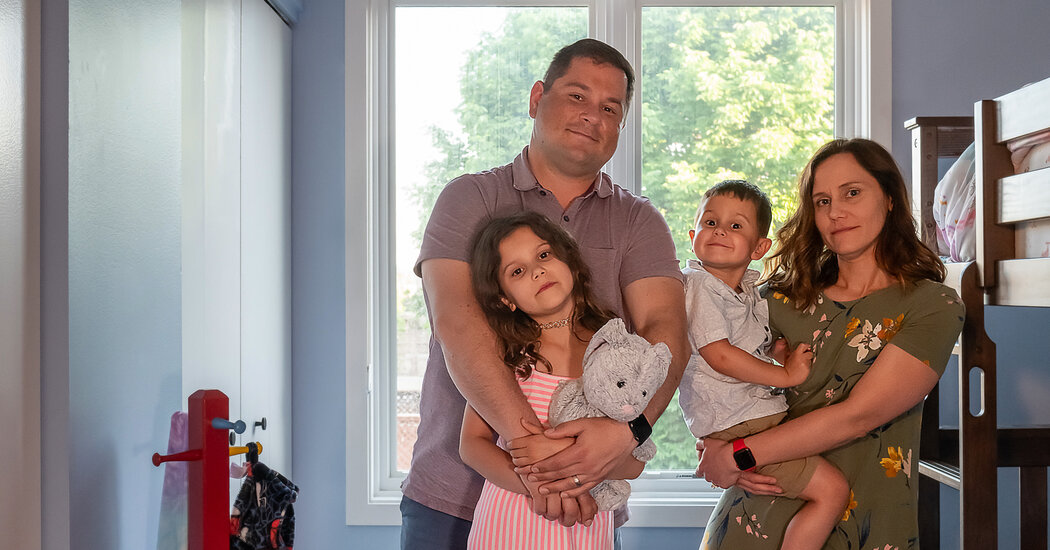Squeezed by high interest rates and record prices, homeowners are frozen in place. They can’t sell. So first-time buyers can’t buy.
If buying a home is an inexorable part of the American dream, so is the next step: eventually selling that home and using the equity to trade up to something bigger.
But over the past two years, this upward mobility has stalled as buyers and sellers have been pummeled by three colliding forces: the highest borrowing rates in nearly two decades, a crippling shortage of inventory, and a surge in home prices to a median of $434,000, the highest on record, according to Redfin.
People who bought their starter home a few years ago are finding themselves frozen in place by what is known as the “rate-lock effect” — they bought when interest rates were historically low, and trading up would mean a doubling or tripling of their monthly interest payments.
They are locked in, and as a result, families hoping to buy their first homes are locked out.



You’re forgetting landlords (of all sizes)
It’s extremely common in my generation to sit on their first house to rent out as passive income, and plenty of private investment absorbing starter homes to rent as well
More specially, investment groups.
When a monthly mortgage and monthly rent are about the same in a market, then your average Joe Schmoe, will only make money if they’re speculating on a neighborhood. Buy low, let the renter cover the mortgage, sell when the neighborhood comes up.
Wall Street doesn’t need to speculate. Investment groups can buy with cash and the rent coming in is all additive.